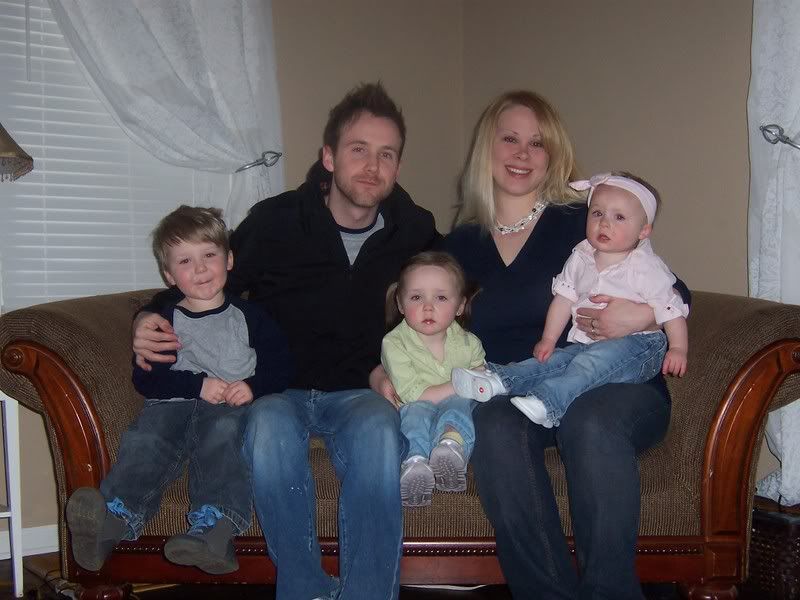Not so long ago, when a person made a statement regarding the classification of their faith, it meant something. It said something about who they were and what they stood for, theologicaly that is. Social issues have always confused the Christian Church.
What I mean is, not that long ago if I said, "I am a Presbyterian," or, "I am a Methodist," or, "I am a Lutheran, Missouri Synod," I was making a poignant statement regarding my theology. But times have changed. Within denominations, liberal individuals are finding that they share more common ground with liberal individuals of other denominations, more so than the conservatives within their own denomination. Usually it is the social issues (gay marriage, abortion, global warming, politics, etc) that cause one to jump denominations, not the theological ones (although I would agree that there is half a degree of separation between theological and social issues).
What ends up happening, is that you have a parishoner filling the seat of a United Methodist church who leans Pro Choice but does not agree with the doctrine of total Sanctification. Or you have Joe Churchgoer sitting in an Episcopal church who wants to ordain gay bishops but does not agree with infant baptism as a functional sacrament. In both examples, the latter issue, the theological issue, the original defining doctrine that once carried such importance, takes a back seat to the social stumbling block of the day.
Perhaps postmodern ideals are the root cause--personal satisfaction is to be prized above all else. If that is the case, that this new scenario in Occidental Christianity is actually bringing unity through innerdenominational mingling, is nothing more than an illusion. The proof is in the pudding. Denominations are splitting and emerging as new denominations, fellowships, and "non-denominationals" faster than ever. Terms like Evangelical, Fundamentalist, conservative, Main-Line...they don't apply anymore.
Most of my friends who are ordained ministers of the Assemblies of God don't agree with all 16 fundamental doctrines. Neither do I...but that is why I am not ordained.
Now I know that it is improbable that a person agree with every jot and tittle of doctrine of a given group, but putting theology and doctrine on the shelf, the backbone to interpeting social issues, is just bad stewardship of the title "Christian."
Tuesday, November 6, 2007
What Happened to the American Church?
Posted by
nate
at
5:49 PM
![]()
![]()
Subscribe to:
Post Comments (Atom)









4 comments:
you bring up an interesting point, because obviously all these denominations sprung out of different thoughts on God, scripture, and how to do Church.
my experience recently have been that many growing churches are often defined as "non-denominational" or "we're basicly non-denominational." And the church takes on it's own culture and rules.
perhaps this change i see is a response to what you're discussing here, or maybe it's just more meddling to the terms in a worthy attempt to cut out the middleman.
haha...that's funny, I never thought of denominational headship as middleman, but it is fitting. A friend once said to me, "I wonder how many new church plants were started by someone who was burned by a church or denomination."
Nate, great comment on my Emerging Christianity blog. Thanks! This is a great blog - I'm glad I got pointed back here. I'll have to hang around...
Your daughter in the middle of the photo looks far to cool for school.
Blessings,
Peter Walker
Excuse me: that was "TOO cool"...
Post a Comment